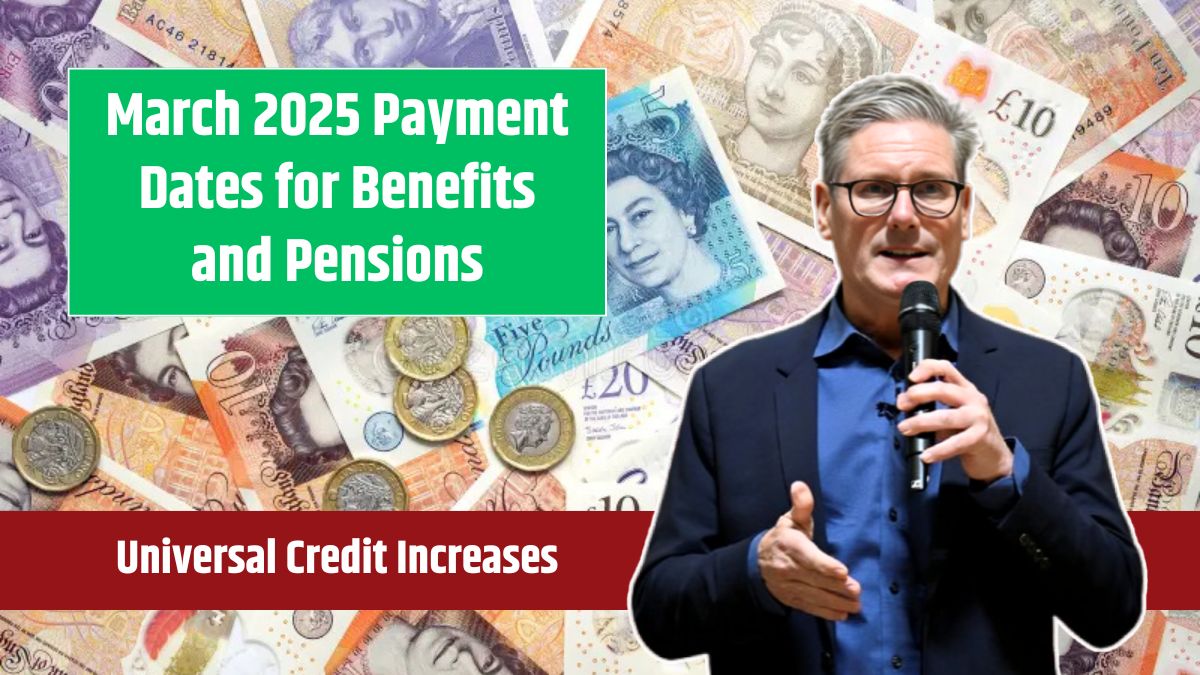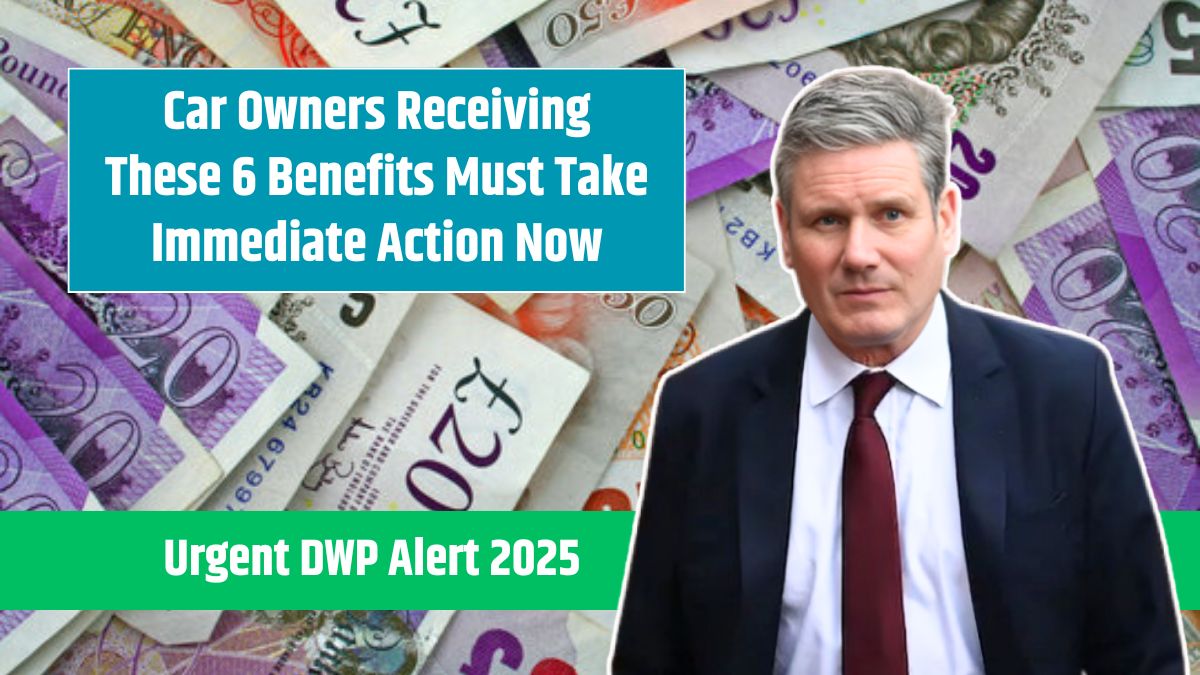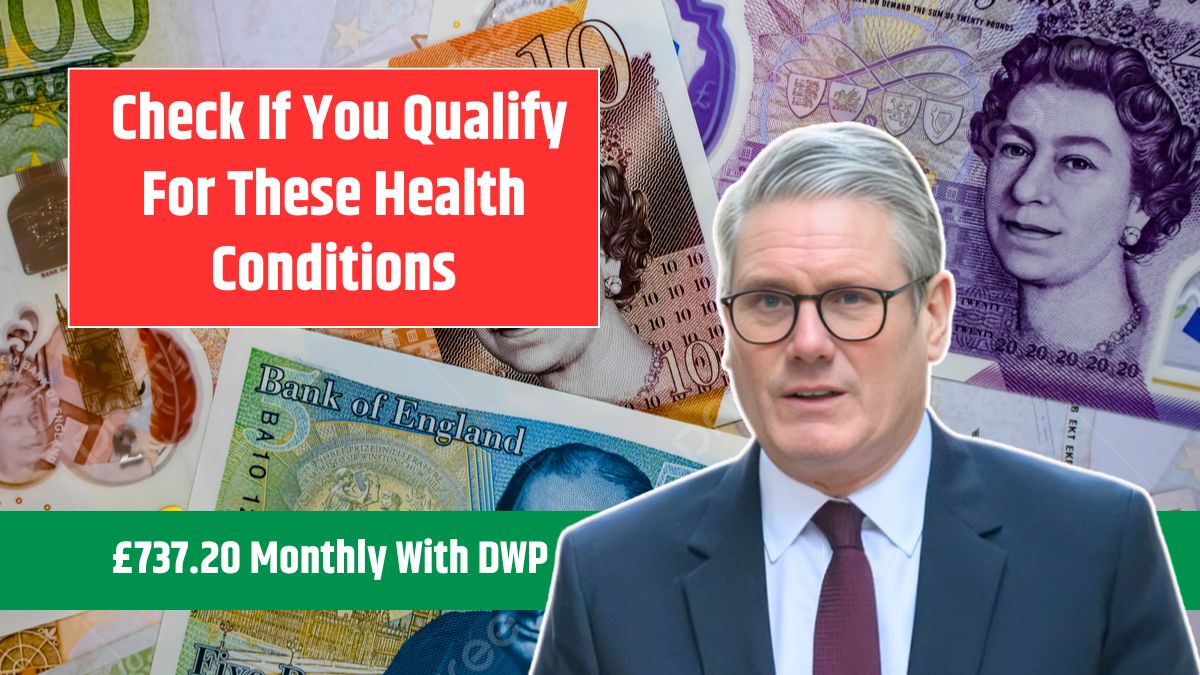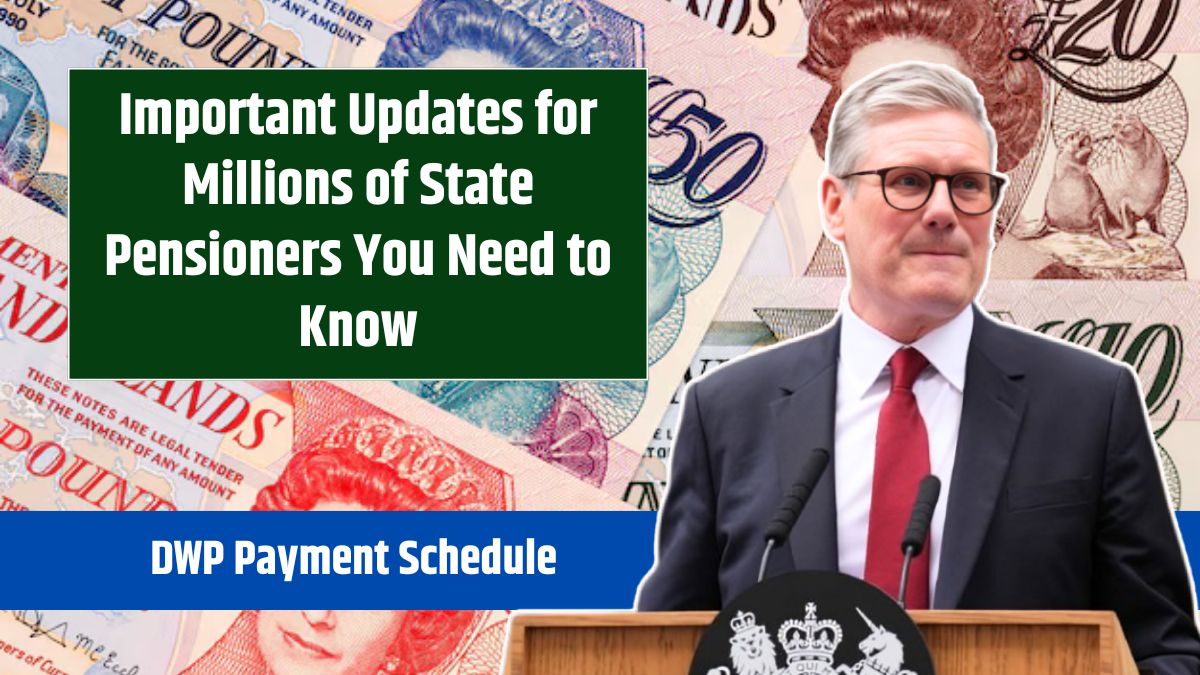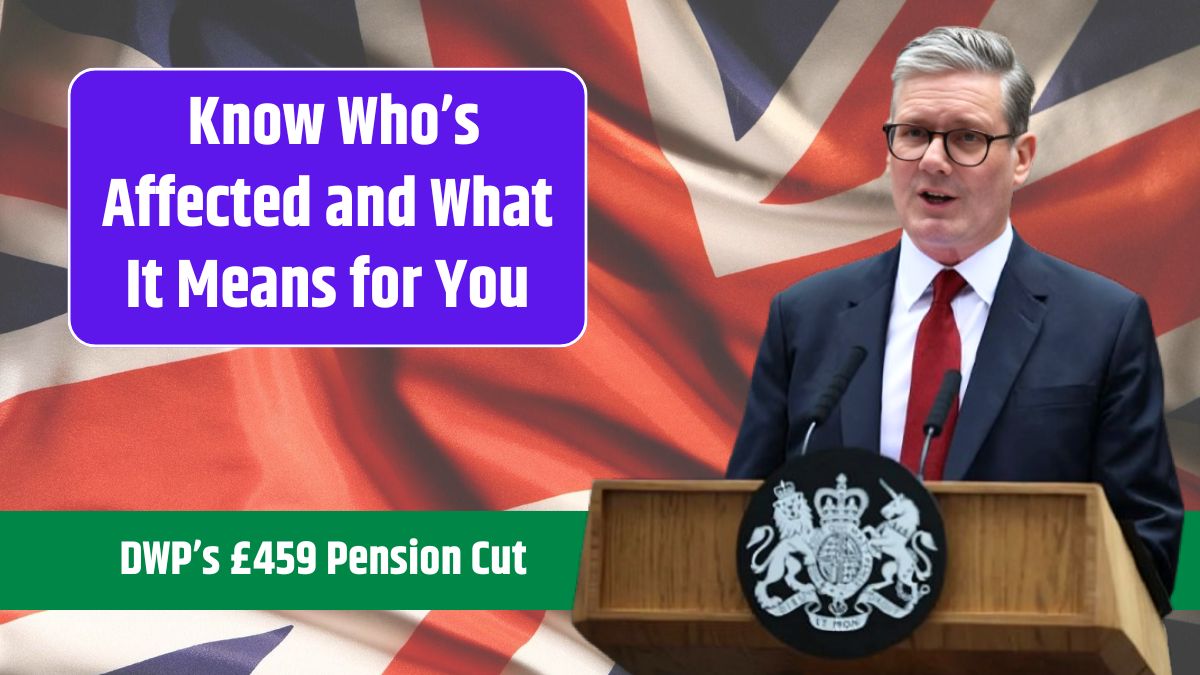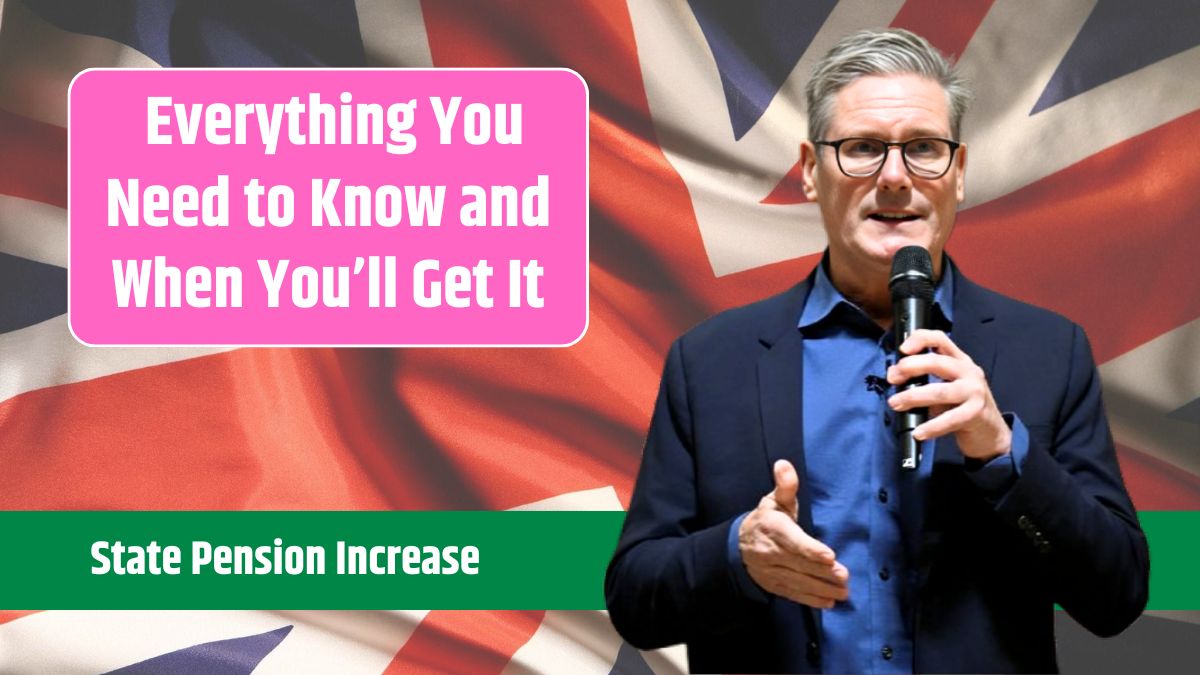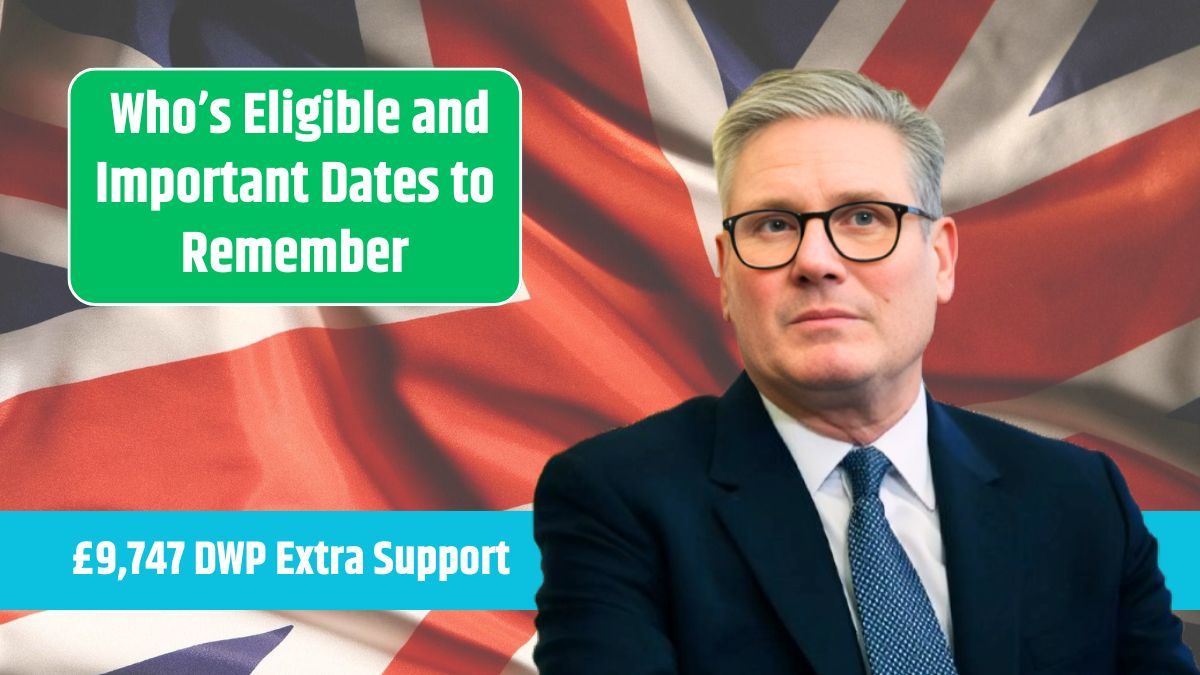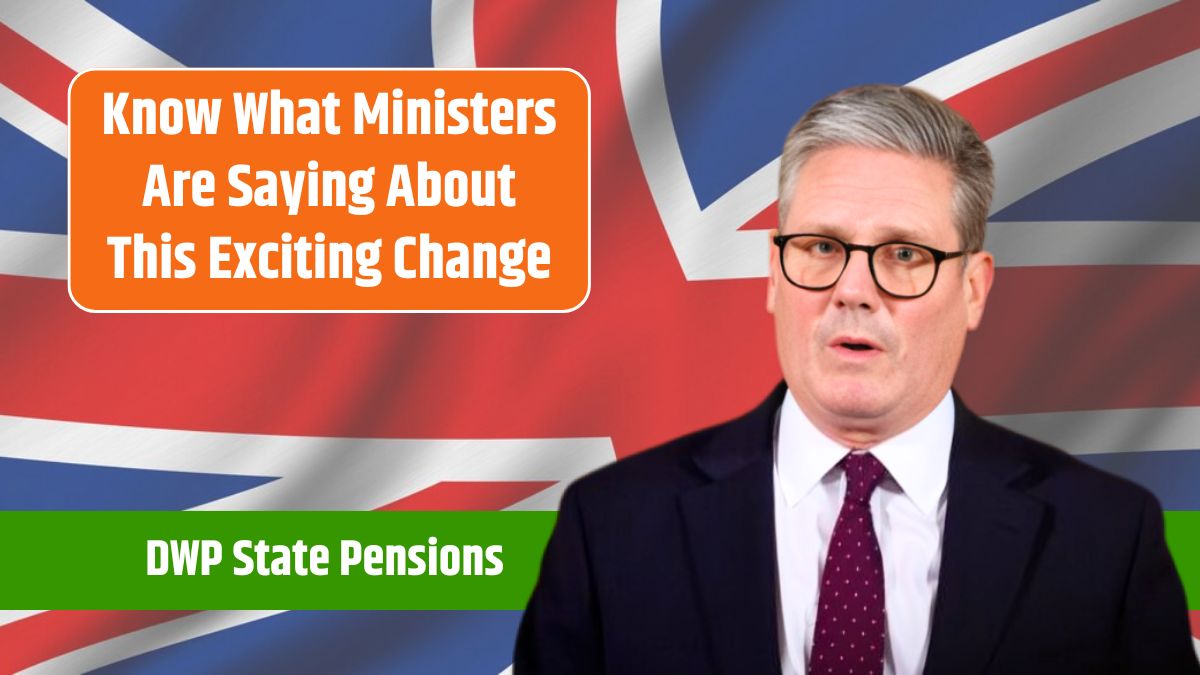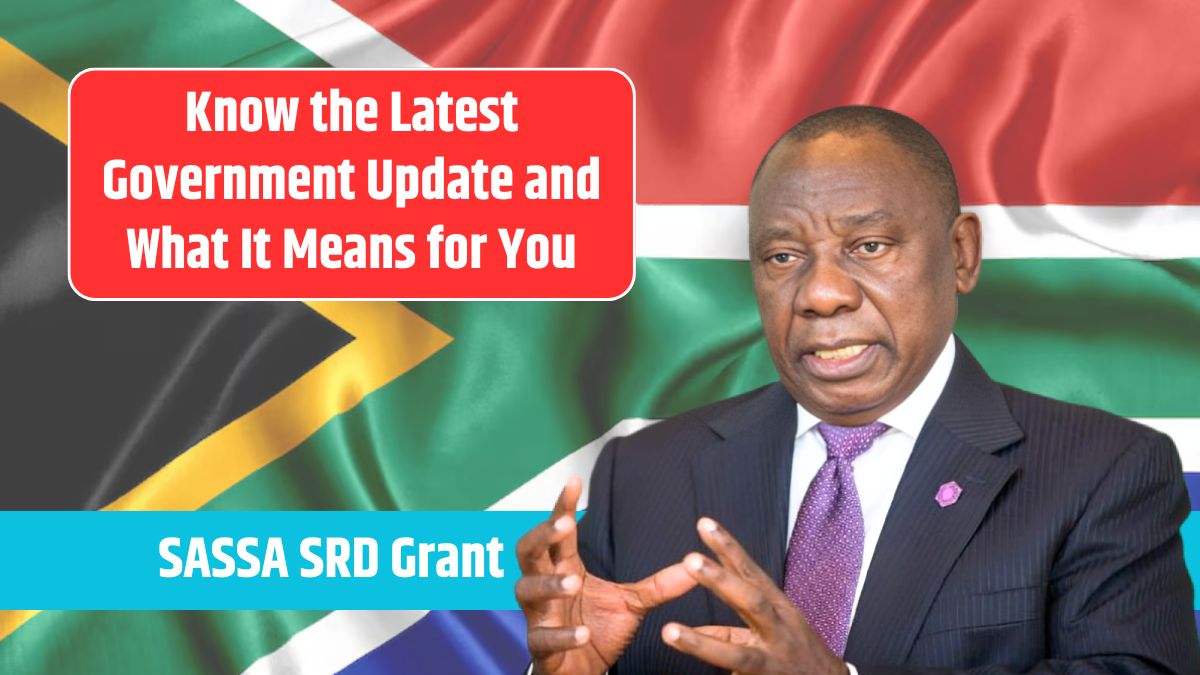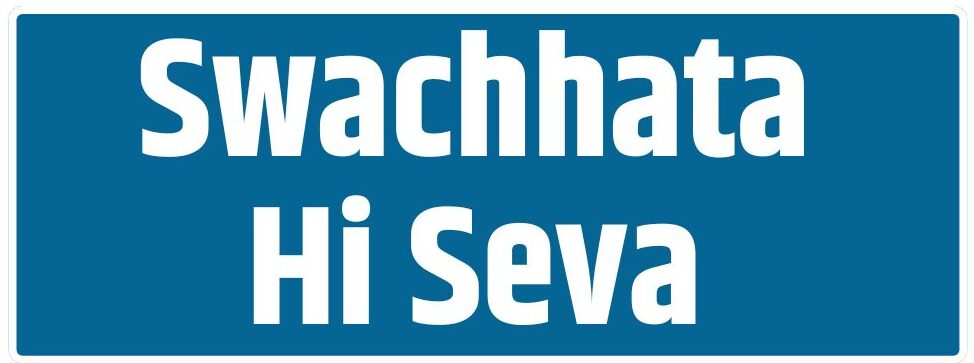As spring approaches, many households will receive financial boosts starting in April 2025. These changes include increases in state pensions, benefits, and the minimum wage, helping both workers and those receiving government support.
However, rising household bills, ongoing inflation, and changes to certain benefits mean families must plan carefully. Below is a breakdown of the key updates and what they mean for your budget.
Pension Increases
All dwp administered benefits will increase by 1.7 percent in April 2025, based on the September 2024 inflation rate. The state pension will rise by 4.1 percent under the triple lock system, ensuring pensioners receive an increase based on wage growth, inflation, or a minimum of 2.5 percent.
The minimum wage will also rise by 6.7 percent, giving many workers an annual increase of around 1400 pounds.
Rising Household Costs
Despite these increases, many households will see higher expenses in April, including
- energy bills due to an increase in the ofgem energy price cap
- water bills following regulatory adjustments
- council tax hikes in many areas across the uk
Inflation remains above the bank of england’s two percent target, sitting at 2.5 percent in december 2024. Forecasts suggest inflation may not return to lower levels until at least 2027.
Benefit Payment Dates
Since there are no bank holidays in march 2025, benefit payments will be made as usual. These include
- universal credit
- state pension
- pension credit
- child benefit
- disability living allowance
- personal independence payment pip
- attendance allowance
- carer’s allowance
- employment support allowance
- income support
- jobseeker’s allowance
For exact payment dates, visit the government’s website.
The dwp aims to complete the migration of all legacy benefits to universal credit by january 2026. If you receive tax credits, income support, or housing benefits, you should have received a notice about switching to universal credit.
Pension Payment Dates
State pensions are paid every four weeks based on the last two digits of your national insurance ni number.
| ni number ending | payment day |
|---|---|
| 00 to 19 | monday |
| 20 to 39 | tuesday |
| 40 to 59 | wednesday |
| 60 to 79 | thursday |
| 80 to 99 | friday |
Household Support Fund
The household support fund hsf provides funding to local councils to help struggling families. Depending on the council, support may include
- cash grants
- supermarket vouchers
- assistance with energy bills
Labour has extended the fund for six more months, meaning it will now run until march 2025. Check your local council’s website for more details on available support.
Financial Assistance
Universal credit recipients facing emergencies can apply for a budgeting advance loan, which is repaid through deductions from future payments.
| household type | maximum loan amount |
|---|---|
| single person | 348 pounds |
| couple | 464 pounds |
| with children | 812 pounds |
From april 2025, universal credit deductions for loan repayments will be capped at 15 percent, down from 25 percent.
Charitable Grants
Certain charities offer grants to help people facing financial hardship. Eligibility varies based on circumstances such as being a carer, student, or unemployed. The charity turn2us has an online tool to check available grants.
Energy Provider Assistance
Several energy suppliers offer support to struggling customers, including
- scottish power, edf, e.on, and octopus offering discounts or payment plans
- british gas energy trust, which provides grants of up to 2000 pounds to customers of any supplier
Council Tax Reduction
If you are on certain benefits or experiencing severe hardship, you may qualify for a council tax reduction of up to 100 percent. Applications can be made through your local council’s website.
Free Childcare Expansion
Currently, working parents in the uk receive 30 hours of free childcare for children aged three to four years.
- from april 2025, 15 hours of free childcare will be available for two year olds
- from september 2025, free childcare will extend to all children aged nine months and older
Parents must apply online and reconfirm eligibility every three months. Additional tax free childcare support allows families to receive 20 pence for every 80 pence spent, up to 500 pounds per year.
Energy Price Cap
Ofgem’s energy price cap increased from 1717 to 1738 pounds between january and march, a 1.2 percent rise. This follows a 10 percent increase in october 2024, with analysts predicting another 5 to 7 percent increase in april 2025.
The energy price cap limits the amount suppliers can charge customers on standard variable tariffs. The increase reflects higher wholesale energy costs, meaning most households will see higher bills.
Final Thoughts
April 2025 brings a mix of financial relief and increased costs. While state benefits, pensions, and minimum wages are rising, households must also prepare for higher energy bills, council tax, and inflation-driven expenses.
Staying informed about available financial assistance, benefit payments, and tax relief options can help families manage these changes effectively.
FAQs
How much will state pensions increase in April 2025?
State pensions will rise by 4.1 percent, adding 472 pounds per year.
What is the new minimum wage from April 2025?
The minimum wage will increase by 6.7 percent, providing a 1400 pound boost.
When will the Household Support Fund end?
It has been extended until March 2025, offering council-led support.
Can I apply for free childcare for my two-year-old?
Yes, from April 2025, all two-year-olds will qualify for 15 free hours.
Will energy bills go up again in 2025?
Yes, analysts predict a 5 to 7 percent increase in April.
